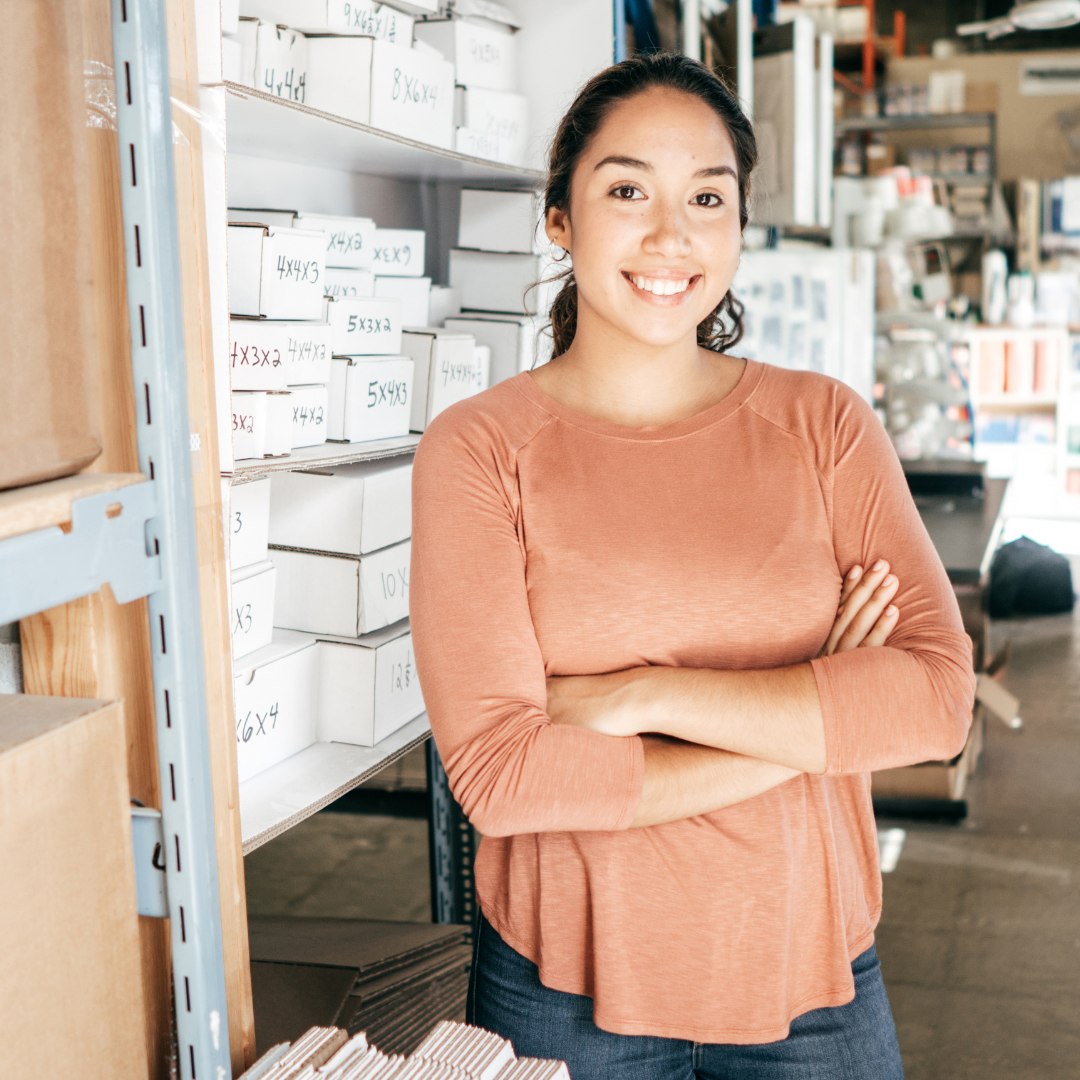
In a world that often emphasises the value of social connections, there’s an important distinction to be made between being alone and feeling lonely.
Many people associate solitude with a sense of isolation or sadness, but the truth is that being alone can be a fulfilling and rejuvenating experience. 😊
In this blog post, I will explore the nuances of being alone versus feeling lonely, understanding the importance of solitude, and embracing the positive aspects of both states.
Let’s get to it. 💕
The Difference Between Being Alone and Feeling Lonely:
Being Alone:
Being alone is a state of physical solitude, where you find yourself without the company of others. It can occur by choice or as a natural consequence of circumstances. Spending time alone provides an opportunity for self-reflection, relaxation, and personal growth.
It allows you to engage in activities that bring you joy, pursue hobbies, or simply enjoy a moment of peace. Being alone can be a deliberate choice, a time to recharge and connect with oneself. 🥰
Feeling Lonely:
Loneliness, on the other hand, is an emotional state that arises from a perceived lack of meaningful connections. It’s possible to feel lonely even in a crowded room if the connections are superficial or unfulfilling.
Loneliness is often characterised by a sense of emptiness, isolation, or a longing for deeper human connections. It’s a complex emotional experience that can impact mental and physical well-being. 😟
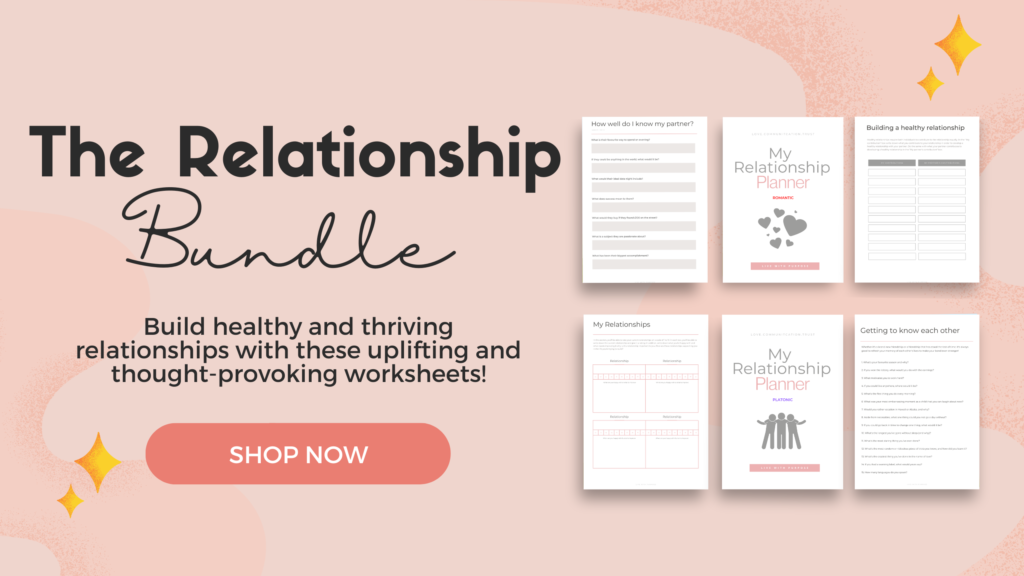
Embracing the Positive Aspects of Being Alone:
1. Self-Discovery:
Being alone provides an opportunity for self-discovery. It allows you to explore your thoughts, feelings, and interests without external influences. Use this time to reflect on your goals, values, and aspirations. Self-discovery is a crucial aspect of personal growth and can lead to a deeper understanding of oneself.
2. Independence:
Embracing solitude fosters independence. When you’re comfortable being alone, you become more self-reliant and less reliant on others for your happiness. This independence can empower you to make decisions based on your own needs and preferences, leading to a more authentic and fulfilling life. 🥰
3. Creativity:
Solitude often sparks creativity. When you’re alone with your thoughts, you have the mental space to generate new ideas, think critically, and engage in creative pursuits (yaay). Many artists, writers, and innovators find inspiration in moments of solitude, leading to the creation of meaningful and impactful work. 🎨
4. Rest and Rejuvenation:
Being alone allows for rest and rejuvenation. In a world filled with constant stimuli, taking time for solitude can be a form of self-care. It provides an opportunity to relax, recharge, and focus on activities that bring you peace and joy, contributing to overall well-being.
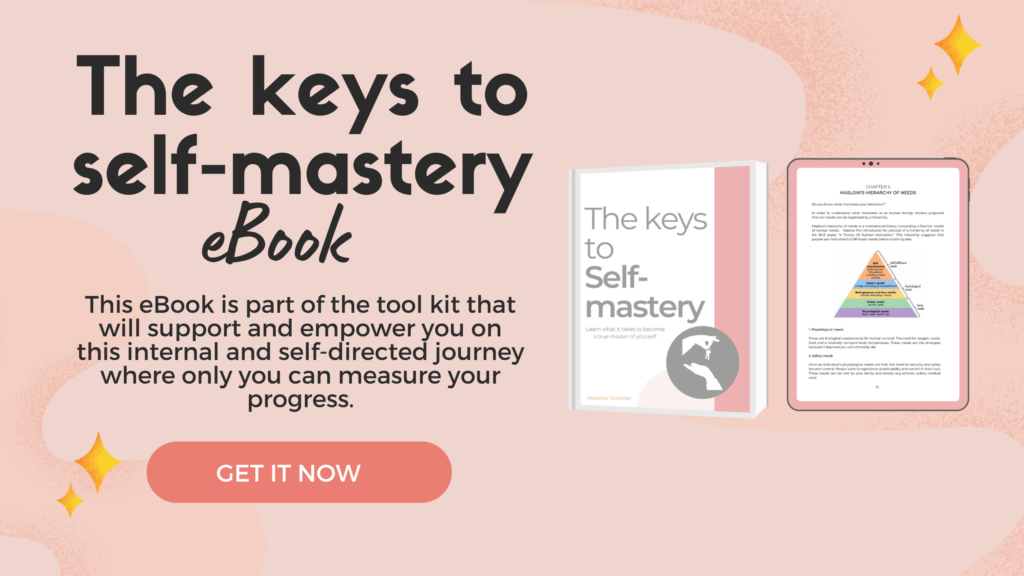
Addressing the Challenges of Feeling Lonely:
1. Cultivating Meaningful Connections:
If loneliness arises from a lack of meaningful connections, focus on cultivating relationships that nourish your soul. Seek out individuals who share your values and interests. Join clubs, organisations, or communities where you can meet like-minded people. Focus on getting yourself out there. Quality connections are often more fulfilling than a large social circle. 🫂
2. Volunteering and Giving Back:
Engaging in volunteer work or contributing to your community can alleviate feelings of loneliness. By helping others, you not only make a positive impact on the world but also connect with individuals who share a common purpose. Volunteering provides a sense of belonging and fulfillment.
3. Seeking Professional Support:
If loneliness becomes a persistent and overwhelming emotion, maybe consider seeking professional support. A therapist or counselor can provide guidance and a safe space to explore the root causes of loneliness. Addressing these issues with professional help can lead to a more fulfilling and connected life. 🫶
Finding Balance:
The key to a fulfilling life lies in finding a balance between being alone and fostering meaningful connections. Embrace solitude as a time for self-discovery, creativity, and rejuvenation. At the same time, actively cultivate relationships that bring joy and fulfillment. Recognise that both states are essential for a well-rounded and satisfying life. 💕
Conclusion
Being alone and feeling lonely are two distinct experiences, each with its own set of opportunities and challenges. Embracing solitude allows for self-discovery, independence, creativity, and rest. However, if loneliness creeps in, it’s crucial to address it by cultivating meaningful connections, volunteering, or seeking professional support. You are not alone. ❤️
Understanding the nuances between being alone and feeling lonely empowers you to navigate both states with intention and purpose. Ultimately, finding a balance between solitude and social connections contributes to a rich and fulfilling life. Embrace the positive aspects of being alone, foster meaningful connections, and savor the journey of self-discovery in this beautiful dance between solitude and companionship.
Pin this post for a reminder 📌 👇
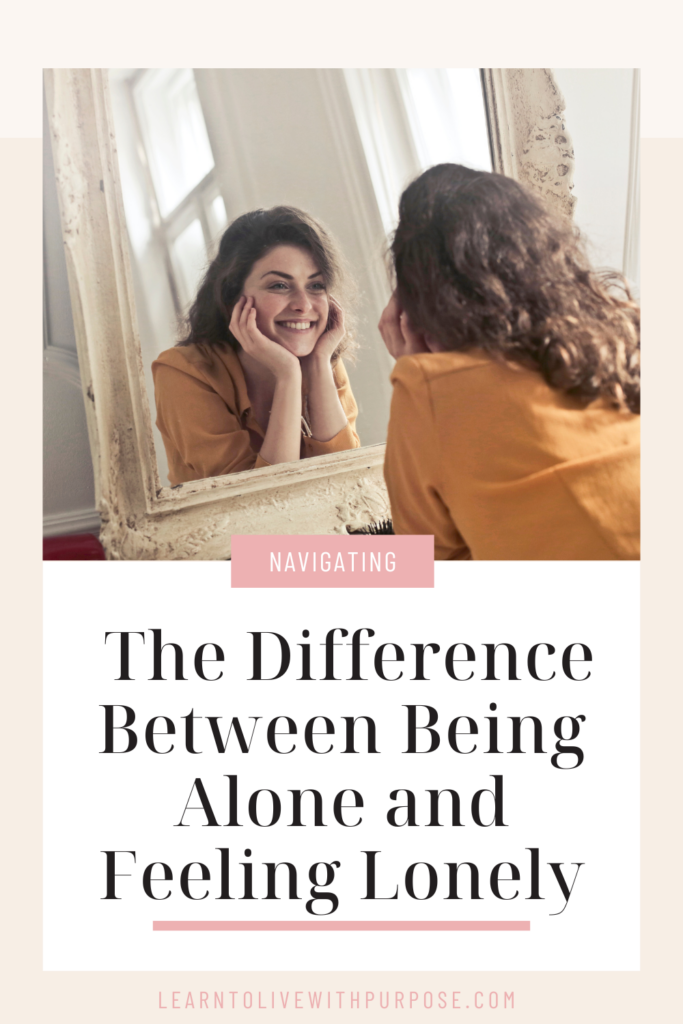
Related Blogs
Things to Say “No” to for you to Live a Happier Life
How to Stop Settling For Less Than You Deserve
How to Become the Best Version of Yourself: A Guide For 20-Somethings
The pace of life in the digital age has quickened drastically over the past few years. Where once we would have to wait until tomorrow to see what tomorrow had in store, we can now get a glimpse of what’s around the corner in real time whenever we want. 😬
The downside of this is that all it takes for us to feel insecure and anxious about the unknown is one single negative tweet or Facebook post that serves as a trigger for something much deeper within us.
We are constantly exposed to new information, images, and trends at a rapid pace, which means we also need to do so at the same rate if we want to keep up. 😒
This anxiety-inducing speed of change poses major challenges for humans who are used to having extended amounts of time to process things before acting on them.
It’s no secret that social media has played a significant role in amplifying these anxieties and keeping them at bay requires more effort than it does other days.
Taking risks should be celebrated not diminished because you’re not following the status quo. Here is a list of ways you can feel better about taking risks and avoid the fear of missing out. 😄
Focus on what you can control
The key to taking risks and keeping yourself grounded during uncertain times is to focus on what you can control rather than what you can’t.
Spending time and energy on something you can’t change is simply asking for a headache. 🥴

The first thing we do when we’re in a new situation is to assess where we stand and where others are in relation to us. However, it’s important to remember that we are not in a bipolar relationship with others, we are all connected to one another and our world in the same way.
This allows all of us to feel the emotions and be in the same space as others at any given time.
Regardless of what may be going on around us, it is imperative that we stop, take a step back, and ask why we’re in a particular situation in the first place. 🤔
What is the goal we are trying to achieve by being in that situation? Why are we doing what we’re doing?
We need to learn to become more aware of the way we interact with the world and what we are doing simply because we’re doing it.
If we begin to take an active role in shaping our own experience we become more empowered and capable of making changes. 😊
Focus on why you’re taking the risk
How we come to take risks is important. There’s nothing wrong with taking risks, in fact, it’s encouraged but it’s important to remember that risks are taken for a reason.
If you aren’t sure about why you’re taking a particular risk, focus on why you’re doing the risk instead.
Wondering why you’re taking a risk can help you identify the purpose and where the thought stems from. Why do you want to take that risk? Was there a specific reason you wanted to take that risk? What’s the purpose of doing it? 🤔
These are all important questions to ask oneself while on a risk-taking journey. If we think more about why we’re taking risks, we can be much more confident in our decisions.

Practice mindfulness and accept uncertainty
Be present.
The amount of time we spend online is significant and this is something that needs to be acknowledged. 😶
If we want to take risks, we need to be present with our actions, thoughts, and feelings. We all have moments where we have to accept the fact that we don’t know what might happen. 🤷♀️
It’s important to remember that this is part of life and that we need to deal with it and accept uncertainty.
Practice mindfulness.
Mindfulness is an important practice that can help you deal with anxiety and accept uncertainty. There are many mindfulness exercises you can try.
These exercises can help you to relax and focus on what’s happening in the present moment. You can also learn to be more mindful of the way you communicate and interact with others.
RELATED: Mindfulness and meditation are one of the chapters in our eBook The Keys to Self-mastery. Read more about it here.
Look for opportunities to grow and learn
Beyond the basic lessons that we all need to learn at some point in life, there are also those serendipitous moments where we can learn about others, about ourselves, and about our world in a meaningful way.
Start paying attention to your surroundings and the people around you. Who are they? What are they doing? What are they thinking? What are they feeling? If you can start paying attention to these things you can begin to draw interesting parallels between your life and the others you meet. 🤝
If you want to grow, you need to look for opportunities to do so. 👀
Opportunities can be both found and created. Opportunities come up when you least expect them and when you’re ready to accept them for what they are.
Opportunities can be found in many forms, such as conversations with people, reading articles, listening to podcasts, watching videos, taking classes, etc.
Never lose hope, even when your situation seems dire. There is always a way out. 🛣️
FREE SELF-CARE BUNDLE
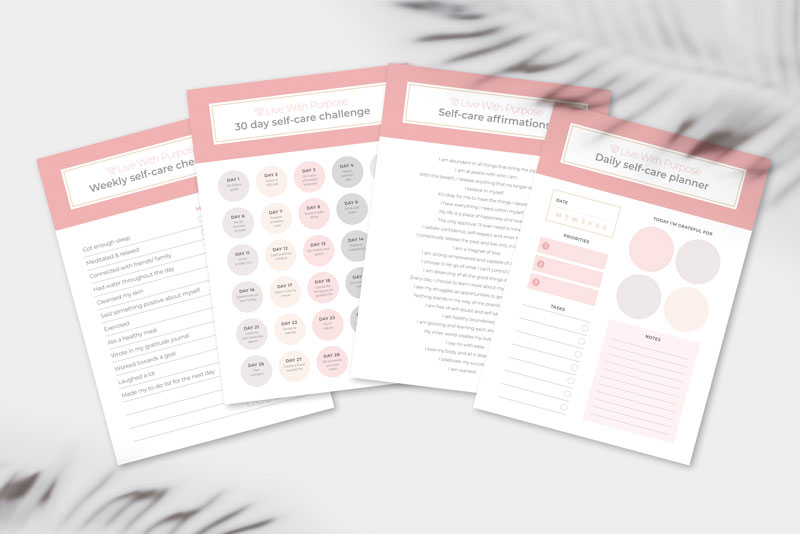
GRAB YOURSELF OUR FREE SELF-CARE BUNDLE!
It’s time to take some time out for yourself love! Check out this four-page bundle of self-care goodness that you can use to relax, refresh and rejuvenate. You deserve it sis.
Pop your info in and download your bundle now ❤️
Stay connected with your community
The best way to keep yourself grounded while taking risks and growing as a person is to stay connected with your community and the people who matter most to you. ❤️
Keep a journal and when you’re feeling anxious or insecure, spend some time writing down your thoughts and feelings. Journaling can be helpful when we have major emotions or thoughts that we’re not sure how to process.
Journaling can also help us to clarify our thoughts and feelings as we can write them down and then re-evaluate them.
When we are connected to the people around us, we are able to see where they are coming from and know that we aren’t alone in our fears, anxieties and uncertainties. This gives us the confidence to push forward and take risks because we know that we aren’t alone.

Taking risks and avoiding FOMO – The bottom line
Social media has revolutionized the way we communicate and share information, but as we can see with the examples above, it has also contributed to the anxiety and insecurity that many people feel today.
While technology has provided us with many opportunities, it has also highlighted the fact that we are not always going to be happy or satisfied with the way things turn out. 🥲
It’s important to remember that the key to happiness and a sense of security lies within us and not in the things we have. We need to make an effort to focus on what we can control, what we are doing right now, and what we want to achieve in the present.
We also need to practice mindfulness and accept uncertainty by focusing on what we can control, why we’re taking risks, and accepting uncertainty by looking for opportunities to grow and learn. 💕
Pin this post for a reminder 📌 👇

Related Blogs
The Top 10 Daily Habits of Successful People
How to Stop Settling For Less Than You Deserve
How to Become the Best Version of Yourself: A Guide For 20-Somethings
Did you know that people on my email list sometimes get exclusive discounts on my products? Join the community and save yourself some coins!
Freshly-squeezed inspiration, and no-nonsense tips + tricks to improve your life delivered to your inbox weekly.
Subscribe to my newsletter
Subscribe
You're all signed up!
Be sure to whitelist our email address so that all the goodies make it to your inbox.
